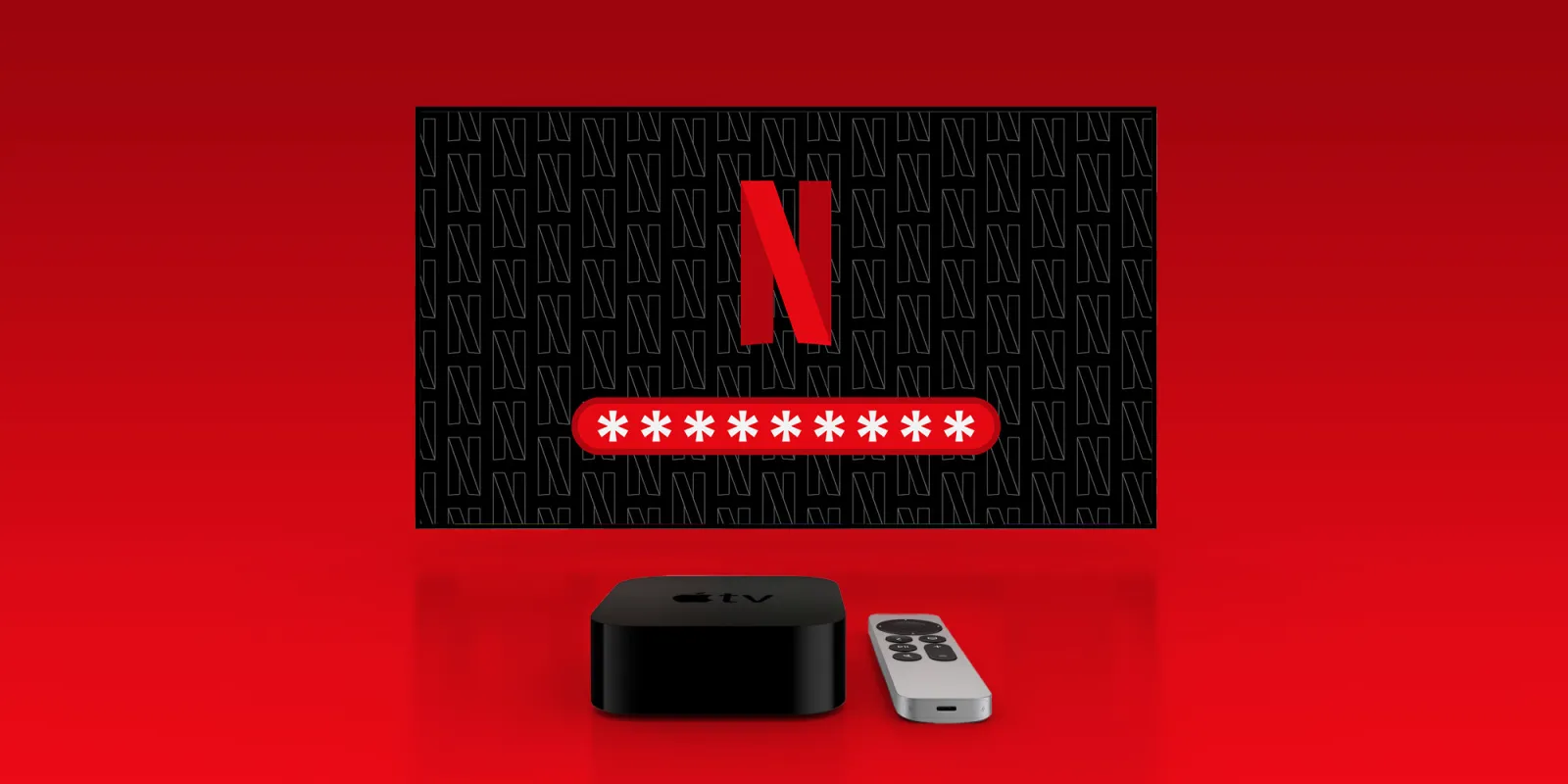Streaming services like Netflix, Disney Plus, and now Max, are serious about addressing password sharing, a practice that has long been widespread among subscribers. With the initial rollouts of new policies underway, subscribers should prepare for changes to how they access their favorite content. Here’s everything you need to know about the password-sharing crackdown, what it means for viewers, and how to adapt.
Why Is the Password Sharing Crackdown Happening?
At its core, the crackdown on password sharing is about addressing revenue losses. Streaming platforms consider password sharing as “revenue leakage,” where non-paying users enjoy the service without contributing to the cost. Reports suggest that millions of accounts are being shared across households, costing companies billions annually.
During Warner Bros. Discovery’s recent earnings call, CFO Gunnar Wiedenfels referred to password sharing as a “form of price rises,” framing the practice as something streaming companies aim to monetize. Similar sentiments have been echoed by Netflix and Disney Plus, which have already begun implementing measures to curb password sharing.
The ultimate goal? Encourage freeloading viewers to become paying subscribers, protect company profits, and ensure everyone pays their fair share.
How Streaming Platforms Are Addressing Password Sharing
Different platforms are adopting various strategies to enforce their password-sharing policies. Here’s a closer look at what each of the major players is doing:
- Netflix: Netflix made waves in early 2023 by implementing its “extra member” feature, allowing account holders to add additional members outside their household for an additional fee. Subscribers also receive warning emails if suspicious multi-household access is detected.
- Disney Plus: Disney Plus has taken a similar approach to Netflix, notifying users about password-sharing rules ahead of time and introducing a paid sharing option that charges subscribers for every extra user.
- Max (formerly HBO Max): Max is in the early stages of its crackdown. During Q3 2024, Warner Bros. Discovery announced “soft messaging” to educate account holders about upcoming changes. By 2025, Max is expected to roll out a paid-sharing feature akin to Netflix’s model.
Impact on Subscribers
While these measures aim to protect streaming platforms’ bottom lines, they can feel like a hassle to subscribers. Here’s how the changes may affect viewers:
- Restrictions on Household Use: Many services now define a “household” based on IP addresses or location data, meaning your account access may be limited to individuals who share the same physical address.
- Extra Charges: Sharing your password could result in additional fees for adding new users outside your household to your plan.
- More Account Suspensions: Repeated violations of these policies might trigger suspensions or temporary account blocks for rule-breaking subscribers.
- Positive Side Effects: Subscribers who pay for additional users could benefit from special plans that offer perks like simultaneous streams or higher-quality downloads.
Legal Ways to Share Accounts
If you’re part of a family or group that loves splitting streaming accounts, you’re not out of options! Here’s how to stay within the rules while saving money:
- Family or Household Plans: Many platforms offer family plans designed for multiple users. Netflix, for instance, provides premium plans with the option to add extra members.
- Bundle Subscriptions: Services like Disney offer bundles that include Disney Plus, Hulu, and ESPN+ at a discounted rate, making it easier to cover your family’s streaming needs.
- Gifted Accounts: Some platforms, like Amazon Prime Video, offer the ability to share benefits through Family Sharing or guest features without breaching terms.
These alternatives ensure your streaming habits remain budget-friendly while complying with platform policies.
Potential Effects on Streaming Service Subscriptions
The password-sharing crackdown could lead to significant changes across the streaming industry. For instance:
- Subscription Growth: Netflix saw an increase in subscribers after tightening password-sharing rules, which suggests these measures could motivate freeloaders to pay up.
- Customer Frustration: On the flip side, these policies could cause frustration among long-term users, potentially driving some to cancel their subscriptions altogether.
- Competitor Opportunities: Smaller streaming services with more lenient policies could attract customers dissatisfied with the stricter rules of larger platforms.
Ultimately, the long-term outcomes will depend on how successfully these services balance enforcing their policies with keeping customers happy.
What Can You Do Next?
The password-sharing crackdown has officially begun, but staying informed and proactive can help you adjust seamlessly. Here’s what you can do today:
- Review Your Account Settings: Log in to your streaming accounts and check any notifications or policy updates regarding password sharing.
- Upgrade to a Family Plan: If you’re currently sharing passwords with people outside your household, explore family or group plans for a cost-effective solution.
- Spread the Word: Share this article with family or friends who may be impacted by these changes, so nobody gets caught off guard.
- Stay Updated: Subscribe to our newsletter for the latest news, tips, and recommendations in the world of streaming.
Adapt to the Future of Streaming
Streaming platforms are taking a bold step to challenge password sharing, and the upcoming changes could redefine how we access digital content. While adapting to these new rules may seem inconvenient, it also opens the door to more innovative and transparent subscription plans.
If you’re ready to continue enjoying uninterrupted streaming, now is the time to explore legal sharing options and take advantage of the benefits they offer.
Stay ahead of the game with our in-depth updates on streaming trends and industry insights. Subscribe to our newsletter today!








